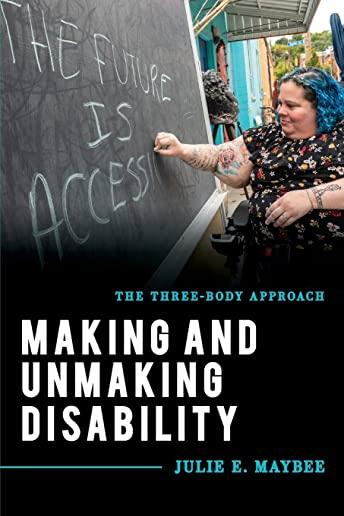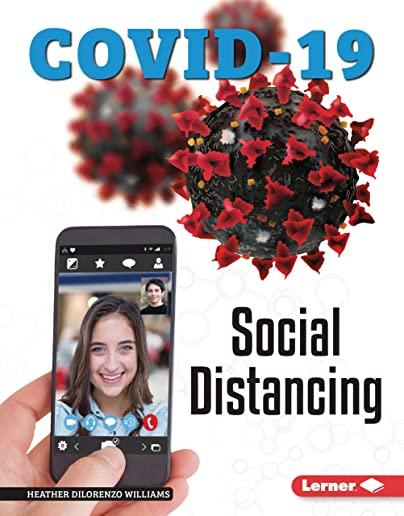
description
3If the future is accessible, as Alisa Grishman--one of 55 million Americans categorized as having a disability--writes in this book's cover image, then we must stop making or constructing people as disabled and impaired. In this brave new theoretical approach to human physicality, Julie E. Maybee traces societal constructions of disability and impairment through Western history along three dimensions of embodiment: the personal body, the interpersonal body, and the institutional body. Each dimension has played a part in defining people as disabled and impaired in terms of employment, healthcare, education, and social and political roles. Because impairment and disability have been constructed along all three of these bodies, unmaking disability and making the future accessible will require restructuring Western institutions, including capitalism, changing how social roles are assigned, and transforming our deepest beliefs about impairment and disability to reconstruct people as capable. Ultimately, Maybee suggests, unmaking disability will require remaking our world.
member goods
No member items were found under this heading.
Return Policy
All sales are final
Shipping
No special shipping considerations available.
Shipping fees determined at checkout.







